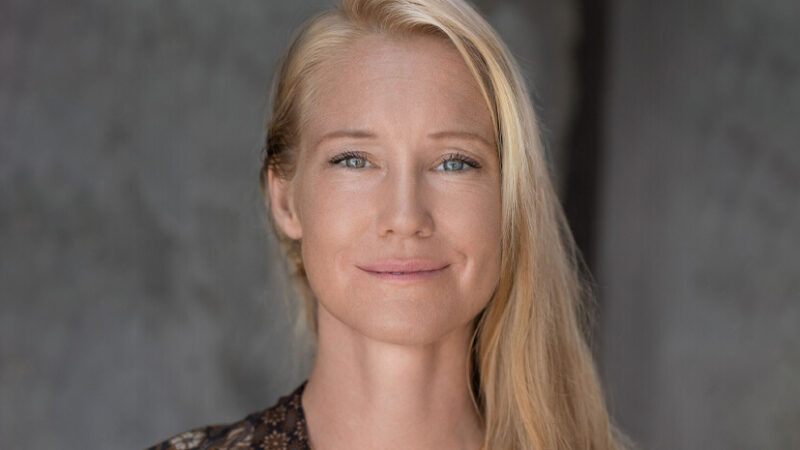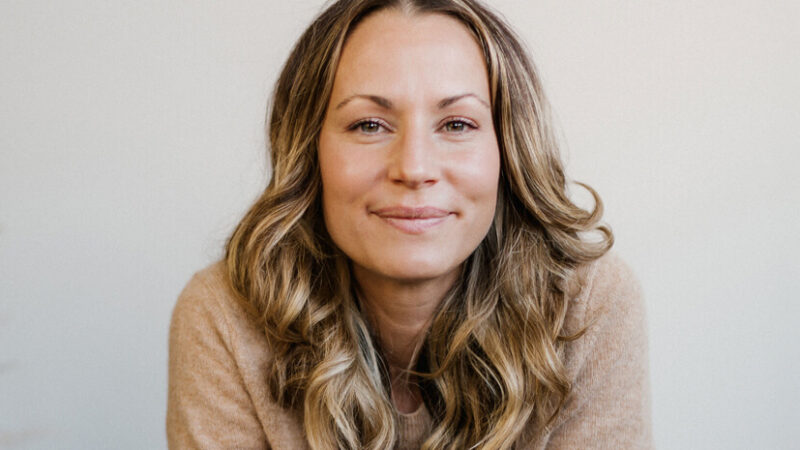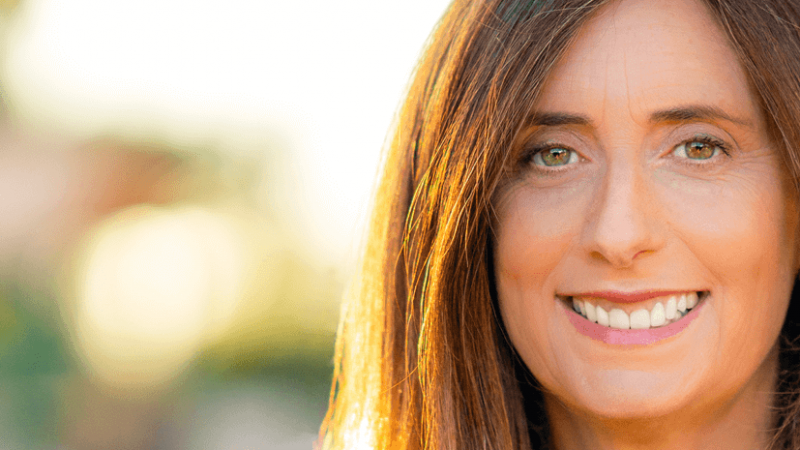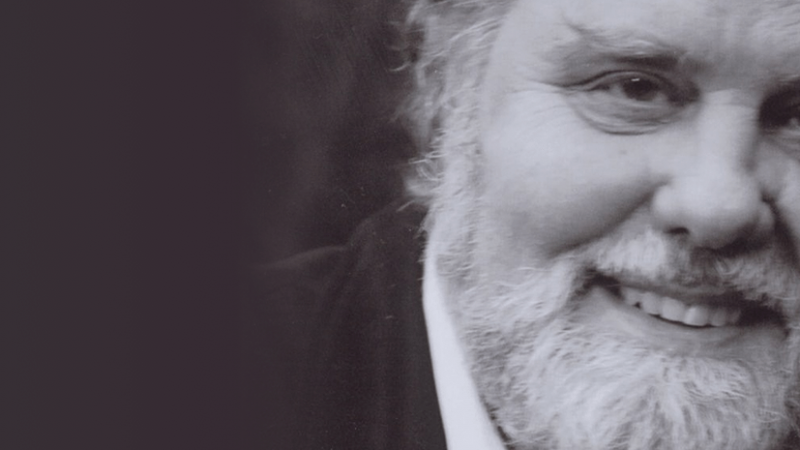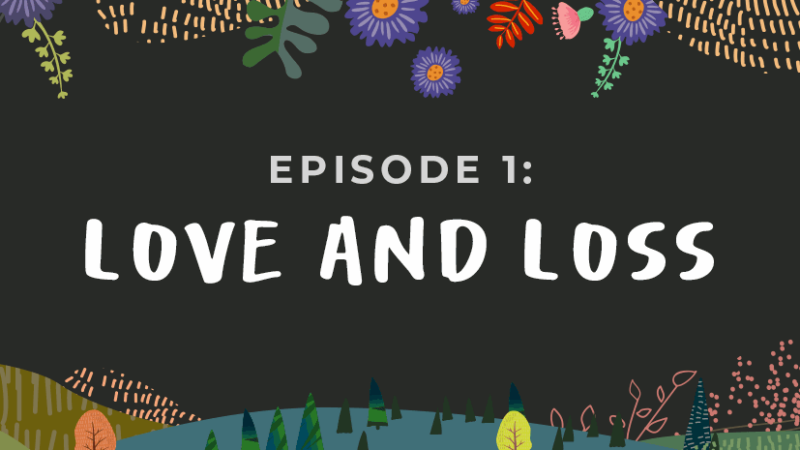-
E117: The Real Work: Letting Go from Within
Michael Singer — October 2, 2025
True spirituality isn’t about mystical experiences or lofty ideals—it’s about honestly facing...
-
Once More: Reflections on Reincarnation and the Gap Between Lives
Tami Simon — September 26, 2025
In this special reflection episode of Insights at the Edge host Tami Simon looks back on her...
-
Honey Tasting Meditation: Build Your Relationship with Sweetness
There is a saying that goes “hurt people hurt people.” I believe this to be true. We have been...
Written by:
Amy Burtaine, Michelle Cassandra Johnson
-
Many Voices, One Journey
The Sounds True Blog
Insights, reflections, and practices from Sounds True teachers, authors, staff, and more. Have a look—to find some inspiration and wisdom for uplifting your day.
Standing Together, and Stepping Up
Written By:
Tami Simon -
The Michael Singer Podcast
Your Highest Intention: Self-Realization
Michael Singer discusses intention—"perhaps the deepest thing we can talk about"—and the path to self-realization.
This Week:
E116: Doing the Best You Can: The Path to Liberation -
Many Voices, One Journey
The Sounds True Blog
Insights, reflections, and practices from Sounds True teachers, authors, staff, and more. Have a look—to find some inspiration and wisdom for uplifting your day.
Take Your Inner Child on Playdates
Written By:
Megan Sherer
600 Podcasts and Counting...
Subscribe to Insights at the Edge to hear all of Tami's interviews (transcripts available, too!), featuring Eckhart Tolle, Caroline Myss, Tara Brach, Jack Kornfield, Adyashanti, and many more.
Most Recent
The End of All-or-Nothing, Emergency Self-Care
What message are you giving to yourself when you wait until you’re in crisis before you begin caring for yourself? I used to be deeply entrenched in this pattern. I’d care for myself just enough so that I could be productive again and then get back to work until my next care emergency. I’d crash from striving and producing without a thought to my needs and then stop just long enough to treat myself just kindly enough to nurse myself back to health so that I could resume my breakneck speed.
Those days were exhilarating because even in my burnout I felt so purposeful, high on how good I was at pushing my needs aside to tackle whatever needed tackling. Exceptionally good in a crisis, I felt born for running myself into the ground and then picking up the pieces just enough to get back to work. Even as this pattern started to break down for me, I could feel my ego attachment to it. I was good at getting things done. I was good at helping others. I was good at putting everyone else’s needs ahead of my own. I was good. I was good. I was good.
The tricky thing about this pattern is that needs will get met one way or another. They don’t just vanish or disappear when you ignore them. They become rowdier and rowdier, nipping at your heels as you try to outrun them. Your body is infinitely wise and makes more noise as your ache for care compounds itself. When you ignore your needs long enough, you will be forced to prioritize yourself by circumstance, illness, or burnout, bringing you abruptly to the crisis point of having to slow down.
But even in the face of that, attending to the need for sustenance can sometimes still feel impossible if you are exhausted from a lifetime of holding it all together. While the need for sustenance might seem to come before rest, [in my book Needy] I ordered these chapters deliberately [“Rest” coming before “Sustenance”] because having the energy to start asking big questions about what you need requires energy too. You’re crumbling beneath the weight of your conditioned expectations for yourself and others, and you judge yourself for not being about to do it all without a thought for the energetic capacity necessary to prioritize joy, pleasure, or satiety.
You might think, Well if it’s right, it should feel good or it should be easy. But tending to your needs can be almost boring, and having the capacity to investigate the larger picture of what you are hungry for requires energy. It requires stamina and self-awareness to develop a healthy relationship with yourself after being in a dysfunctional relationship—one that’s chaotic, intense, familiar, thrilling, and compelling even when you know there is no way it will all work out in the long run. After a dramatic relationship like that, a relationship in which you are respectful of each other, loyal, trustworthy, and committed to each other can feel boring—but that kind of steadfast love heals and rebuilds a steady foundation of trust. The same is true for your relationship with yourself.
Self-love so often isn’t a flash-in-the-pan,
Instagram-worthy, wait-until-the-moment
is-perfect-and-the-stars-align kind of love.
It’s about showing up for yourself each and every day and doing what needs to be done. Maybe that’s resting. Maybe that’s calling your lawyer. Maybe that’s dealing with the window that is leaking and the moldy floorboards. Taking care of yourself is showing up for your relationship with yourself each day, asking what needs to be done and doing that to the best of your abilities.
It can be mundane, but as you begin making these shifts for your own sustenance, you might find yourself softening into a rhythm and routine of caring for yourself this way.
There is a deliciousness in knowing you will be there when you need yourself. There is a sense of safety in the self-trust you build each time you choose not to abandon yourself. This work can be messy but also joyful, silly, sexy, creative, and playful. You might find yourself enjoying the celebration of infusing pleasure and sovereignty where there was none before.
And with time, you might realize that the purpose of your life is not to be good, productive, or approved by others. The purpose of your life is for YOU to live it. For you to take up space in your own thoughts and actions. For you to tend to your needs, devoting yourself to your own wholeness each and every day. For you to contribute to the world in the way that only you can. For you to love and be loved. For you to play. For your utter enjoyment and wholehearted pleasure. The purpose of your life is not to be nice and polite. It is for living—messily, humanly, in whatever way you feel is good and right for you.
Excerpted from Needy: How to Advocate for Your Needs and Claim Your Sovereignty by Mara Glatzel.
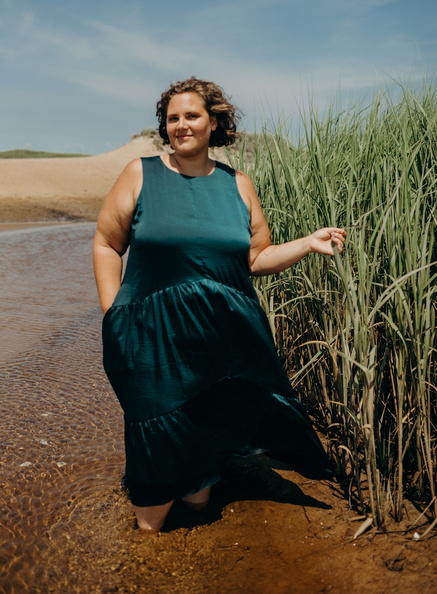
Mara Glatzel, MSW, (she/her) is an intuitive coach, writer, and podcast host. She is a needy human who helps other needy humans stop abandoning themselves and start reclaiming their humanity through embracing their needs and honoring their natural energy cycles. Her superpower is saying what you need to hear when you need to hear it, and she is here to help you believe in yourself as much as she believes in you. Find out more at maraglatzel.com.
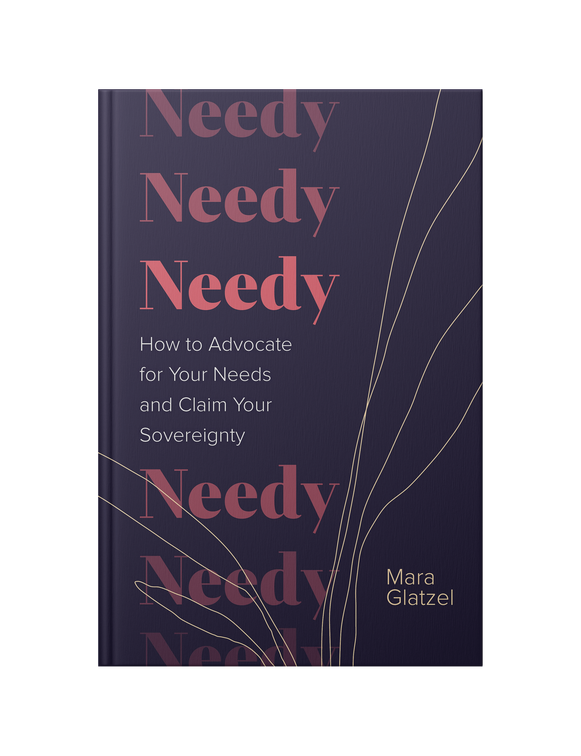
Learn More
Amazon | Barnes & Noble | Bookshop | Sounds True
Emilia Elisabet Lahti: Sisu: Embodying Gentle Power
How do we find the strength to keep going when it feels like there’s nothing left inside of us? The Finnish philosophy of sisu shows us a new way to look at power and perseverance—not as force and domination but as the harmonious expression of human character in everyday actions. In this podcast, Tami Simon speaks with Dr. Emilia Elisabet Lahti about her work leading the world’s first empirical research on sisu and her new book, Gentle Power: A Revolution in How We Think, Lead, and Succeed Using the Finnish Art of Sisu.
Give a listen to this inspiring discussion of the embodiment of internal fortitude and wisdom known as sisu; how adversity provides an opportunity for resiliency; post-traumatic growth and positive psychology; the difference between sisu and grit; the visceral, somatic nature of sisu; taking risks instead of giving in to fear of failure; experiencing an initiation into your own strength; life—an ultramarathon we’re all running; flexibility, reason, and the choice to be gentler on yourself; finding harmony between the hard and the soft; journaling your own stories of sisu; self-forgiveness; looking to the future with an action mindset; transforming challenges into the fuel to keep you going; tapping into the intelligence of your body; sisu, leadership, and being kind versus being nice; and why developing sisu is so important for humanity at this time.
Sarah Blondin: Heart Minded
Is your heart asking you for a more meaningful conversation? Are you longing to engage a different kind of awareness than the thinking mind? Sarah Blondin is beloved by millions for her online guided meditations that invite us to come back home to our hearts and to embrace the fullness of our experience. In this podcast, Tami Simon speaks with Sarah about her new book, Heart Minded, and how we can each take up residence in the intelligence and strength of our hearts.
Tune in as Tami and Sarah discuss the practice of softening and releasing inner rigidity, overcoming defensiveness and resistance, witnessing the rivalry between the emotional heart and the spiritual heart, discovering the voice of your own heart, the practice of flow writing, self-intimacy as the source of true safety, finding your authentic “yes to life,” trust in the face of initiatory experiences, normalizing the challenging nature of the spiritual journey, the mysterious force of grace, the interplay between our sensitivity and our strength, a meditation for welcoming joy, and more.
Note: This episode originally aired on Sounds True One, where these special episodes of Insights at the Edge are available to watch live on video and with exclusive access to Q&As with our guests. Learn more at join.soundstrue.com.
Customer Favorites
The Full Spectrum of Awareness
Diana Winston is the director of Mindfulness Education at UCLA’s Mindful Awareness Research Center, where she developed the Mindful Awareness Practices (MAPS) curriculum. With Sounds True, Diana is the author of a new book, The Little Book of Being: Practices and Guidance for Uncovering Your Natural Awareness, and the creator of a new audio teaching series called Glimpses of Being: A Training Course in Expanding Mindful Awareness. In this experiential episode of Insights at the Edge, Diana introduces us to what she calls the “spectrum of awareness” through a series of guided practices. She talks to Tami Simon about the various ways we can access and experience awareness, from narrow and focused to effortless and spacious—states we are constantly moving between. They touch on ways to deepen and explore awareness through “glimpse practices” and discuss how we can work toward making natural awareness our default state. Finally, Diana explains why tapping into the full range of awareness can act as a good antidote for those feeling stuck or restless in their meditation practice.
Coleman Barks: Rumi, Grace, and Human Friendship
Tami Simon speaks with Coleman Barks, a leading scholar and translator of the 13th-century Persian mystic Jelaluddin Rumi. Coleman’s work was the subject of an hour-long segment in Bill Moyers’s The Language of Life series on PBS. He has published numerous Rumi translations, including with Sounds True the audio programs I Want Burning: The Ecstatic World of Rumi, Hafiz, and Lalla; Rumi: Voice of Longing; and his three-part collaboration with cellist David Darling called Just Being Here: Rumi and Human Friendship. In this episode, Tami speaks with Coleman about the extraordinary friendship between Rumi and his teacher Shams Tabrizi, and how translating Rumi requires entering a trance state. Coleman offers insights on grace as he and Tami listen to selections from Just Being Here.
Click here to listen to Holiday Without Limits by Coleman Barks
Ep 1: Love and Loss
As Joanna Macy approaches the end of a long life dedicated to healing our imperiled planet, she begins the conversation with Jessica Serrante, her student and dear friend, “standing afresh with what it’s like to live on Earth at this moment.” As we look into the face of the climate crisis, injustice, and war, difficult feelings arise; all are welcomed.
You are invited to join them at Joanna’s kitchen table, and invited into a deeper sense of your belonging and love for our world.
In this episode:
- How to connect with the great possibilities that still exist for us even in these precarious times Joanna reflects on her awakening of environmental consciousness
- Jess reflects on how meeting Joanna changed her life
- Love, laughter, heartbreak, and the Work That Reconnects
- Bonus Exercise: “Open Sentences”—a practice for partners
We recommend starting a podcast club with friends or family to do these practices together. Links and assets to help prompt reflection and build community can be found with every episode on WeAreTheGreatTurning.com.


